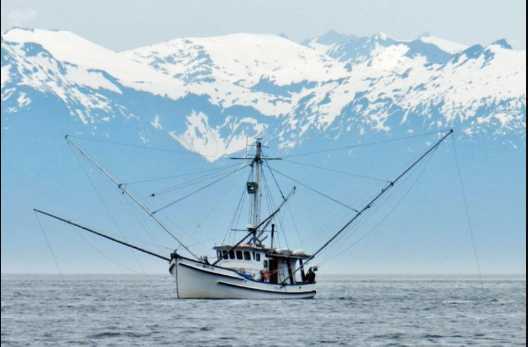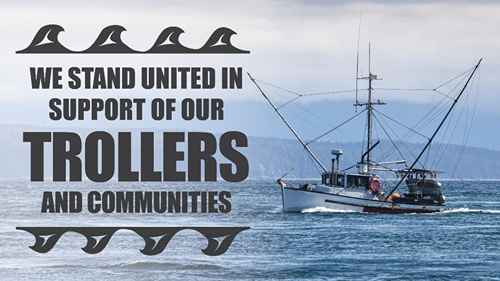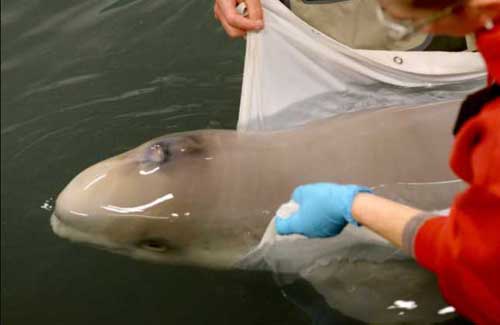
(Anchorage, AK) – The State of Alaska plans to appeal a bitter ruling for the Alaska Southeast troll fishery Tuesday by a federal judge in Washington. The order by U.S. District Court Judge Richard Jones upheld a magistrate’s earlier opinion by adopting, in part, a report and recommendation that vacates the incidental take statement for the Southeast Alaska winter and summer commercial chinook troll fishery, which has the practical effect of closing the fishery until a new ITS is in place.
The Wild Fish Conservancy sued the National Marine Fisheries Service alleging several violations of the Endangered Species Act and National Environmental Policy Act. The plaintiff’s primary claim is that Southeast Alaska fisheries and the associated prey increase (hatchery) programs threaten both wild salmon and the listed Southern Resident Killer Whales that depend on this salmon for food off the coasts of Washington, Oregon, and Canada.
“Vacating the ITS and effectively closing the fishery is a radical step. We’ll continue to pursue every available avenue in defense of Alaska’s fisheries,” said Alaska Attorney General Treg Taylor. “We understand the critical importance of this fishery to the affected fishermen and communities across Southeast. We will be filling a request to stay the order pending appeal and immediately notifying the Ninth Circuit that an appeal is forthcoming.”
“We have a responsibility to look out for our fisheries and the Southeast coastal communities and families that rely on them,” said Alaska Fish and Game Commissioner Doug Vincent-Lang. “The State of Alaska abides by the terms of the Pacific Salmon Treaty and the Biological Opinion that is tied to it, and it is troubling that this ruling singles out our fisheries.”
Alaska has argued in its filed pleadings that the Southeast commercial chinook troll fishery has little effect on the listed species, especially considering the gauntlet of predators between the fishery and the identified pod of whales. “Shutting down the Southeast Alaska salmon fisheries would have negligible, if any, impact on the Southern Resident Killer Whale, as any Chinook not caught in Southeast must travel some 700 miles past Canadian commercial and recreational fisheries, tribal fisheries, Northern Resident Killer Whale, and Steller sea lions, which are also predators of large Chinook, and Southern U.S. fisheries to reach the Southern Resident Killer Whale.”
For more information email Senior Assistant Attorney General Aaron Peterson at Aaron.Peterson@alaska.gov
# # #[content id=”79272″]






